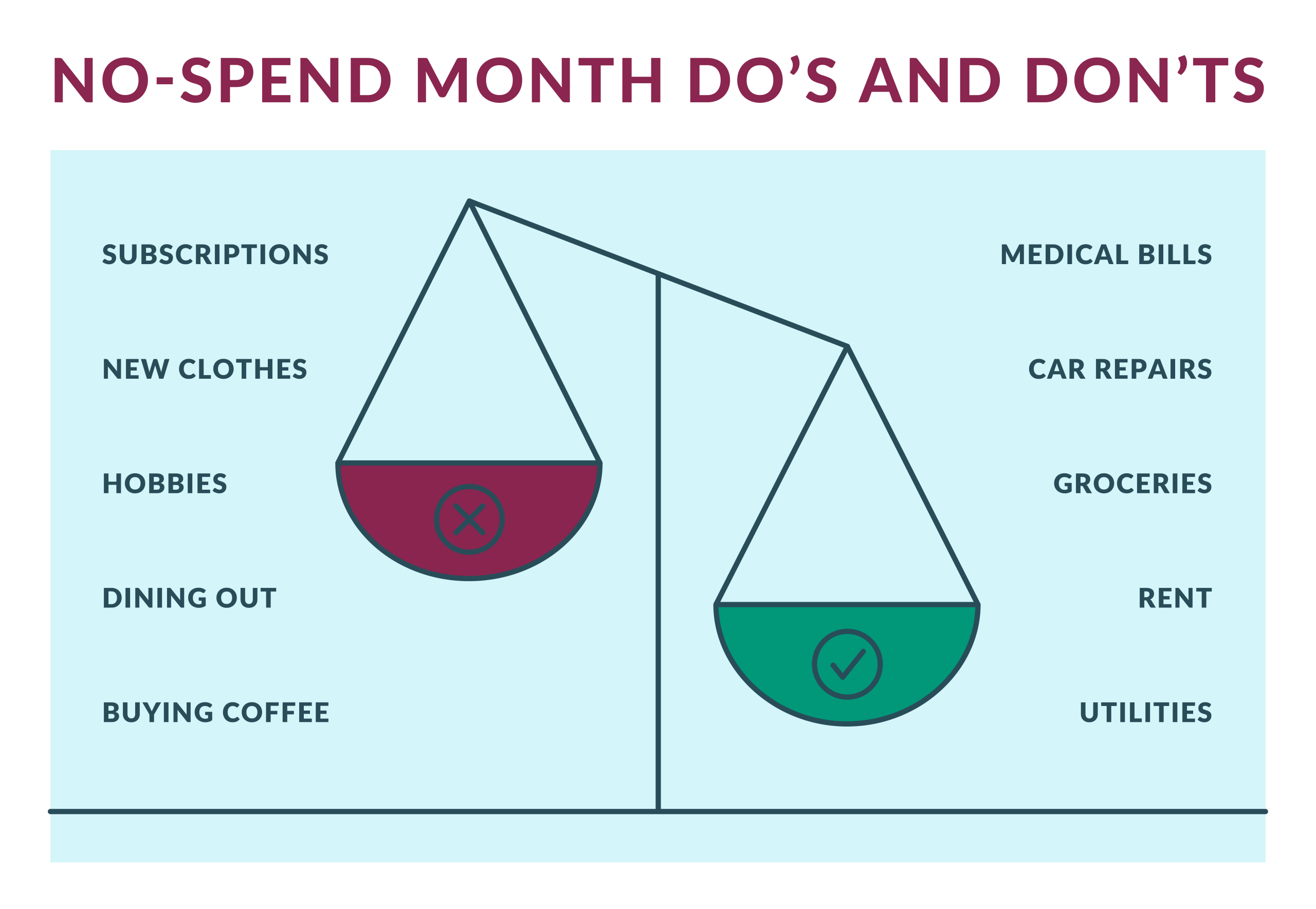Anúncios
Credit bureaus are pillars of the financial system, playing a crucial role in collecting, maintaining, and providing information about consumers’ financial behavior.
This information is used to determine credit eligibility, as well as for other purposes, such as hiring employees.
In this comprehensive guide, you will find detailed information about credit bureaus, the types of information they collect, who benefits from this information, and how you can access your own credit reports.
We will discuss the three main credit bureaus in the United States: Equifax, Experian, and TransUnion, and explain the key differences between the credit scores they offer.
What are credit bureaus, and what are they for?
Credit bureaus are companies specialized in collecting, processing, and selling information about consumers’ credit histories.
They gather data from various sources, such as banks, credit unions, credit card companies, and other financial institutions, as well as public records.
The information is compiled into credit reports, which are then made available to creditors, employers, and other entities that need to assess an individual’s solvency and financial reliability.
In this way, the primary function of credit bureaus is to provide accurate and up-to-date information about a consumer’s credit behavior.
This information helps creditors make informed decisions about granting credit, determining, for example, the interest rates to be offered or whether credit will be approved.
Employers, insurers, and even landlords may use these reports to assess risk before hiring someone, offering insurance, or renting a property.
What types of information does a credit bureau collect?
Credit bureaus collect a wide range of information about consumers’ financial behavior. Below, we highlight the main types of data collected:
Financial Data
Credit bureaus collect detailed information about consumers’ payment behavior.
This includes payment history for loans and credit cards, account balances, types of credit used (such as mortgages, student loans, and personal lines of credit), and outstanding debts.
If you missed a payment or delayed one, this information will be reflected in your credit report and may impact your score.
Personal Information
In addition to financial data, credit bureaus also collect basic personal information.
This includes full name, address, date of birth, Social Security number, address history, and, in some cases, employment information.
This information is used to ensure that financial data is attributed to the correct person and to verify an individual’s identity.
Public Records and Credit Inquiries
Credit bureaus also maintain records of significant financial events that are publicly available, such as bankruptcies, foreclosures, legal actions, and liens.
They also record credit inquiries made by creditors and other institutions. Each time you apply for credit, this request is recorded in your credit report, and multiple inquiries in a short period can negatively impact your score.
Understand who benefits from consulting a credit bureau
The information provided by credit bureaus is useful for a variety of stakeholders. Here are some examples:
Employers
Some employers, especially those offering positions that involve managing finances or confidential information, may consult candidates’ credit reports.
They use this information to assess the financial responsibility of the candidate, which can be seen as an indicator of overall reliability.
It is important to note that for an employer to check your credit report, they usually need to obtain your prior consent.
Creditors
About 90% of credit decisions are influenced by credit reports and scores.
Banks, credit unions, and other financial institutions use the information provided by credit bureaus to determine whether to grant a loan, line of credit, or credit card.
They also use this data to establish interest rates and other credit conditions. A solid credit history can result in better credit offers, while a weak history may limit your options.
Other Institutions
In addition to creditors and employers, other entities may also use credit reports to make better decisions.
Insurers may consult credit reports when determining insurance premiums, and landlords may check the credit history of potential tenants before approving a lease.
Some utility companies also use these reports to decide whether to require a security deposit when opening a new account.
What are the 3 credit bureaus in the United States?
In the United States, there are three main credit bureaus that dominate the market: Equifax, Experian, and TransUnion.
Each of them collects, stores, and distributes credit information, but there may be slight differences in the data each one has, leading to variations in credit scores.
Equifax
Equifax is one of the largest and oldest credit bureaus in the United States.
Founded in 1899, the company provides credit reports, credit scores, and other services related to risk management.
Equifax has stood out for its role in promoting advanced credit analysis and fraud prevention solutions.
Experian
Experian is another major credit bureau, known for its global presence and offering a wide range of financial products and services.
In addition to credit reports, Experian offers credit monitoring and fraud prevention tools. The company is also known for its FICO credit score model, widely used by lenders in the United States.
TransUnion
TransUnion completes the trio of the largest credit bureaus in the United States.
Like the other two, TransUnion collects and stores credit information and offers credit reports and scores.
The company is also noted for its credit monitoring solutions, which allow consumers to track their scores and receive alerts about changes to their reports.
Is there a difference between credit scores among the agencies?
Credit scores can indeed vary among the different credit bureaus, and there are several reasons for this.
Each credit bureau has its own set of data, and not all creditors report information to all three bureaus.
Essentially, this means that one bureau may have information that another does not, which can result in variations in credit scores.
Each bureau may use a slightly different scoring model, which can also influence the final credit score.
Variations in credit scores among different bureaus can also be caused by data updates at different times.
If you pay off a debt, that information may be updated first at one bureau before appearing at the others.
Additionally, the use of different scoring models can result in slight variations in credit scores provided by each bureau.
How do I check my credit report?
In the United States, consumers are entitled to a free credit report from each of the three main credit bureaus every 12 months.
This service is available through the website AnnualCreditReport.com, which is the only site authorized by the U.S. government to provide free credit reports.
You can check your credit report directly on each bureau’s website. However, this involves paying a fee, especially if you want to access your report more than once a year, or if you are interested in additional services such as ongoing credit monitoring.
How do I contact a credit bureau directly?
If you need to contact one of the credit bureaus, whether to dispute information on your report or to obtain more information about the services offered, here are the contact options for each of them:
Contact Equifax
Website: Equifax.com
Phone: (866) 349-5191
Address: P.O. Box 740241, Atlanta, GA 30374
Contact Experian
Website: Experian.com
Phone: (888) 397-3742
Address: P.O. Box 4500, Allen, TX 75013
Contact TransUnion
Website: TransUnion.com
Phone: (800) 916-8800
Address: P.O. Box 2000, Chester, PA 19016
Credit bureaus are an essential part of the U.S. financial system, providing critical information that helps creditors, employers, and other entities make informed decisions.
Understanding how these bureaus work, the differences between them, and how to access and dispute your credit information can help you maintain good financial health and protect your score.
Be sure to regularly check your credit reports and contact the bureaus if you identify any errors or outdated information.






